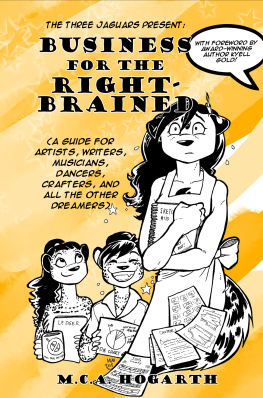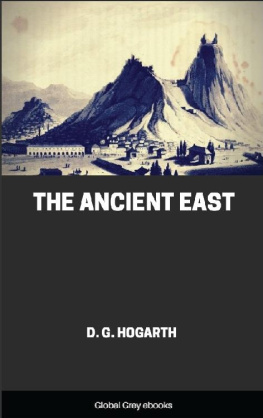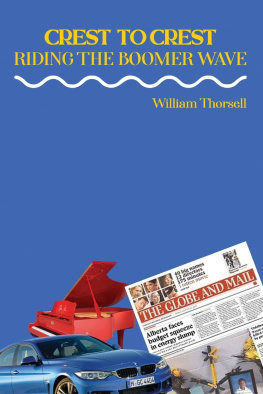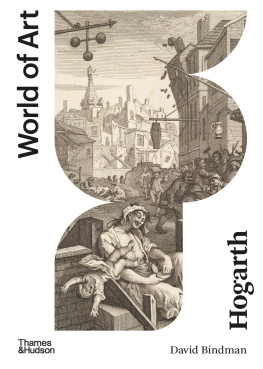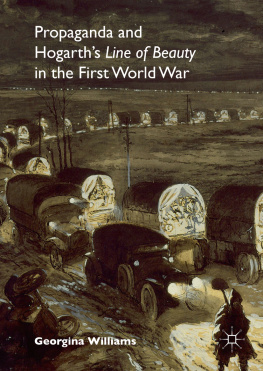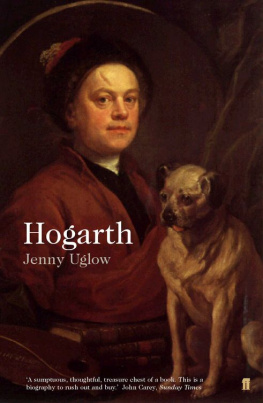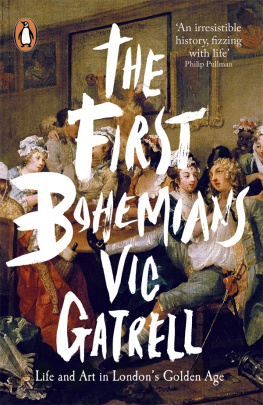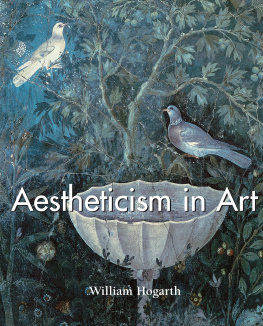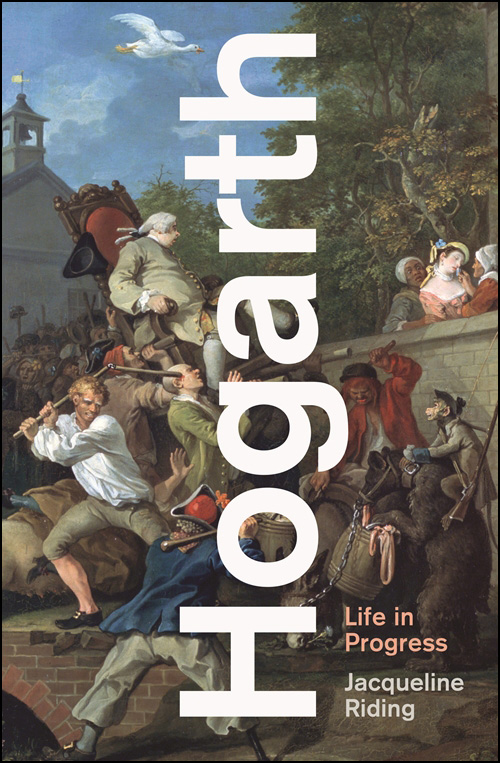Contents
Guide
HOGARTH

Detail from The Country Dance, The Analysis of Beauty Plate 2, etching and engraving, 1753
HOGARTH
L IFE IN P ROGRESS
JACQUELINE RIDING

ALSO BY JACQUELINE RIDING
Peterloo: The Story of the Manchester Massacre (2018)
Jacobites: A New History of the 45 Rebellion (2016)
HOGARTH
First published in Great Britain in 2021 by
Profile Books Ltd
29 Cloth Fair
London
EC1A 7JQ
www.profilebooks.co.uk
Copyright Jacqueline Riding, 2021
1 3 5 7 9 10 8 6 4 2
Typeset in Garamond by MacGuru Ltd
Printed and bound in Great Britain by
Clays Ltd, Elcograf S.p.A.
The moral right of the author has been asserted.
All rights reserved. Without limiting the rights under copyright reserved above, no part of this publication may be reproduced, stored or introduced into a retrieval system, or transmitted, in any form or by any means (electronic, mechanical, photocopying, recording or otherwise), without the prior written permission of both the copyright owner and the publisher of this book.
A CIP catalogue record for this book is available from the British Library.
ISBN 978 1 78816 347 7
eISBN 978 1 78283 611 7
For Jack & Pat
PROLOGUE
Wondring Muse
From deep within the infinite realm, tentative light beams pulse and flicker, hinting at unnumbered stars, of untold planets. Close by, the dense black yields to the suns glorious warmth and burning colour, illumining our fragile globe and her pale moon. Then, from the region of this world, a pointed flame appears. It passes quickly over and on, weaving through the universe, dipping here and there, skimming across the surface of those distant spheres, observing all fresh wonders. In the heightened imaginings of the poet, stirred by discoveries too incredible to be the product of mere human thought, this comet is the soul of natures philosopher, mankinds wondering muse, great Newton on his daily orbit of divine creation. Through him the innermost recesses of the conquered heavens are thrown open, the archives of hidden truth unlocked.
Now turning towards that shining orb, we pass down through the regions of the sky, the winds and cloud, and then, further still to mortalitys low province, the mass of earth and water. Lordly Nineveh and Babylon are no more; noble Palmyras exposed ruins the sentinels of empire long lost. Next, across the middle sea to Eternal Rome where we behold the extremes of fate. For among the emblems of her modern boasted state, Romes temples are open to the sky, her columns dreadful in decay, her ancient greatness sunk. Onward, passing lofty mountains, valleys, forests and low plains, over the figs and vines of proud King Louiss fertile dominions towards the island cluster on Europes western edge. As the sun sinks below the horizon, its last rays glister the curling form of a mighty river, on whose banks now sprawls, so the inhabitants claim, a new Rome: the metropolis of London.
This is our destination, or rather, to be exact, the upper floor of the Bedford Arms tavern in the district called Covent Garden. We are here because on Friday 26 May 1732, in the fifth year of King George IIs reign, the taverns club members have gathered to drink, to eat and to engage in conversation of a bluff and convivial nature. Only five of the original party are now present.
These are the dwindling hours of a glorious late spring day: a day that signals summers imminent approach, with all the hope and promise this might bring. On such an occasion an Englishman, whether a Londoner by birth or circumstance, who rarely has time or need to leave his beloved city, and while gazing absently from an upper window into the familiar, hectic streets below, might feel the sudden impulse to go far away: to succumb, however briefly, to the lure of simple pastoral pleasures and yearn, then, to follow the ancestral siren-call of the ploughman, the cockle-seller, the peasant bard. To venture, like the pilgrim, beyond the confines of the city, through the verdant land, to the estuary of a great river and to glimpse the vast terrains and oceans beyond.
One of the company is indeed gazing from the taverns open window at the last of the sunset already described. What happened next has never been explained fully. Perhaps a wayward spark from that disciple of Phoebus, Sir Isaacs happy lighted spirit, dropped to earth, setting aflame these desires in its unsuspecting host. Or, as likely, it was nothing more than an ardent wish that the nights revelries should not, must not end so soon: the remaining club stalwarts neither too sleepy nor boozed enough to need the immediate comfort of bed and bolster. Whatever its path hither, an inspiration came, took root, the resulting idea voiced to those gathered, the company responded in accord and so, after scrawled notes to nearby wives and family were exchanged for fresh shirts and coin, these five friends ventured into the night on their own journey of discovery, along that same river, the Thames and his sister the Medway, as far as the Kentish Isle of Sheppey off Englands south-eastern coast, with no particular idea or expectation of what would happen next.
Now you may be thinking that countless such journeys have occurred over the centuries, some, frankly, far more noteworthy than this appears to be and, in fairness, you would be right. Excepting that such workaday travels are rarely recorded in any detail and are, therefore, an aspect of our forebears lives that is all but lost to us. And, more important still, a member of this particular group of travellers will be described justifiably, indeed within his own lifetime, as one of the most significant individuals to have been born in these islands: supplying posterity with a ready shorthand, not just for a style of graphic satire or comic grotesque, but a type of character or behaviour and even, rightly or wrongly, an entire era of British history.
The fact that we know anything at all about this modest adventure rests on the survival of a manuscript, written just after the event and rejoicing in the ponderous title, An account of what Seemd most Remarkable in the Five Days Peregrination of the Five Following persons Vizt. Messieurs Tothall, Scott, Hogarth, Thornhill & Forrest with the accompanying exhortation, Abi tu et fac Similiter (Go and do the same). The manuscript, in a neat hand using a quill pen and brown ink (typical of the period), plots the towns and villages they passed through and the inns they stayed at, the various repasts enjoyed with expenditure itemised, the modes of transport used, the characters they encountered and the incidents that occurred. This chronicle is further enlivened by the presence of several picaresque drawings and a map. In this way it is both the record of a journey and the means to relive it, whether alone or in company, as part of the deliberations at the Bedford Arms tavern club for example, in the imagination or in person. The claim that the account concerns a peregrination or pilgrimage, coupled with the promise to recount what was most remarkable during the five days, encourages the expectation of philosophical depth or, at the very least, events of some importance. Yet, to be clear from the outset, The Peregrination (as it shall be known) is not, in any traditional sense, a pilgrimage. And it is debatable whether anything remarkable, as we might define it, happens at all.


